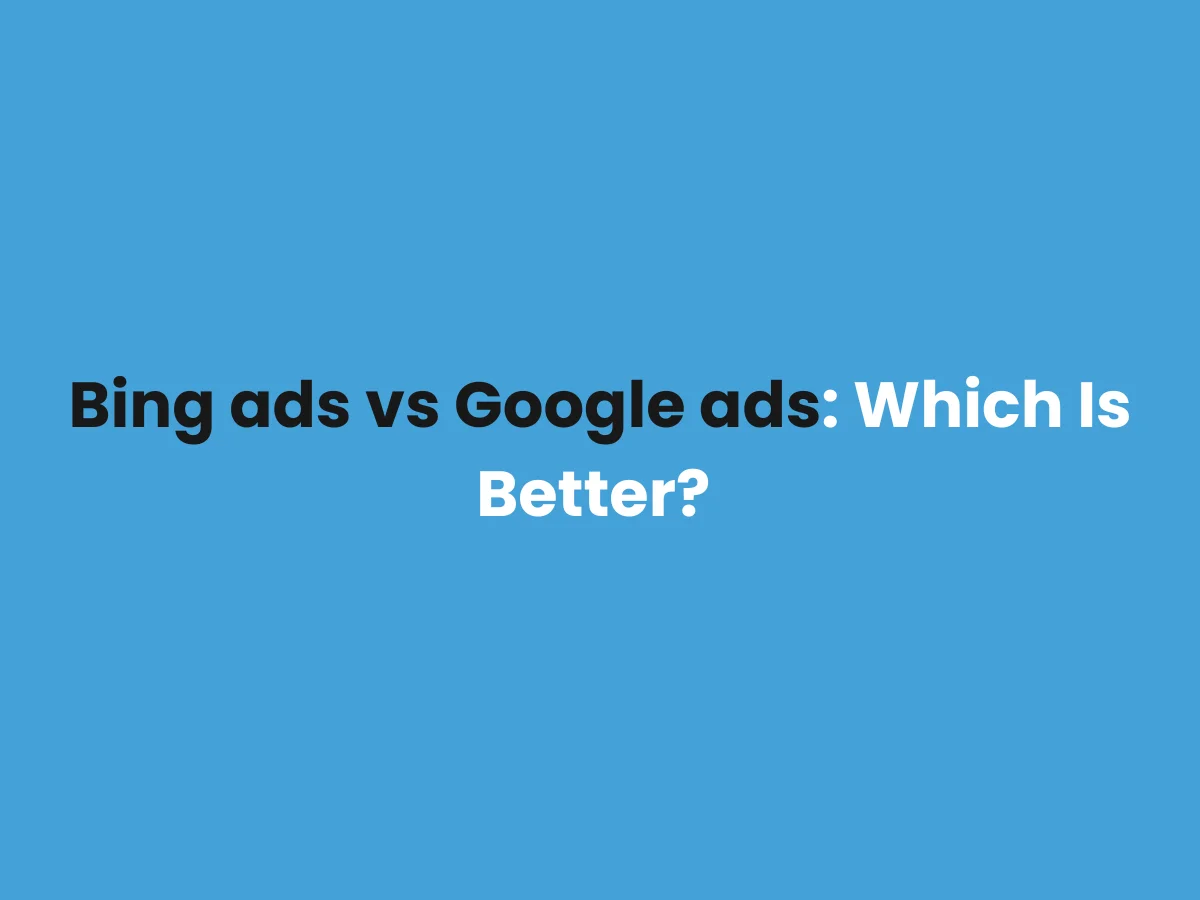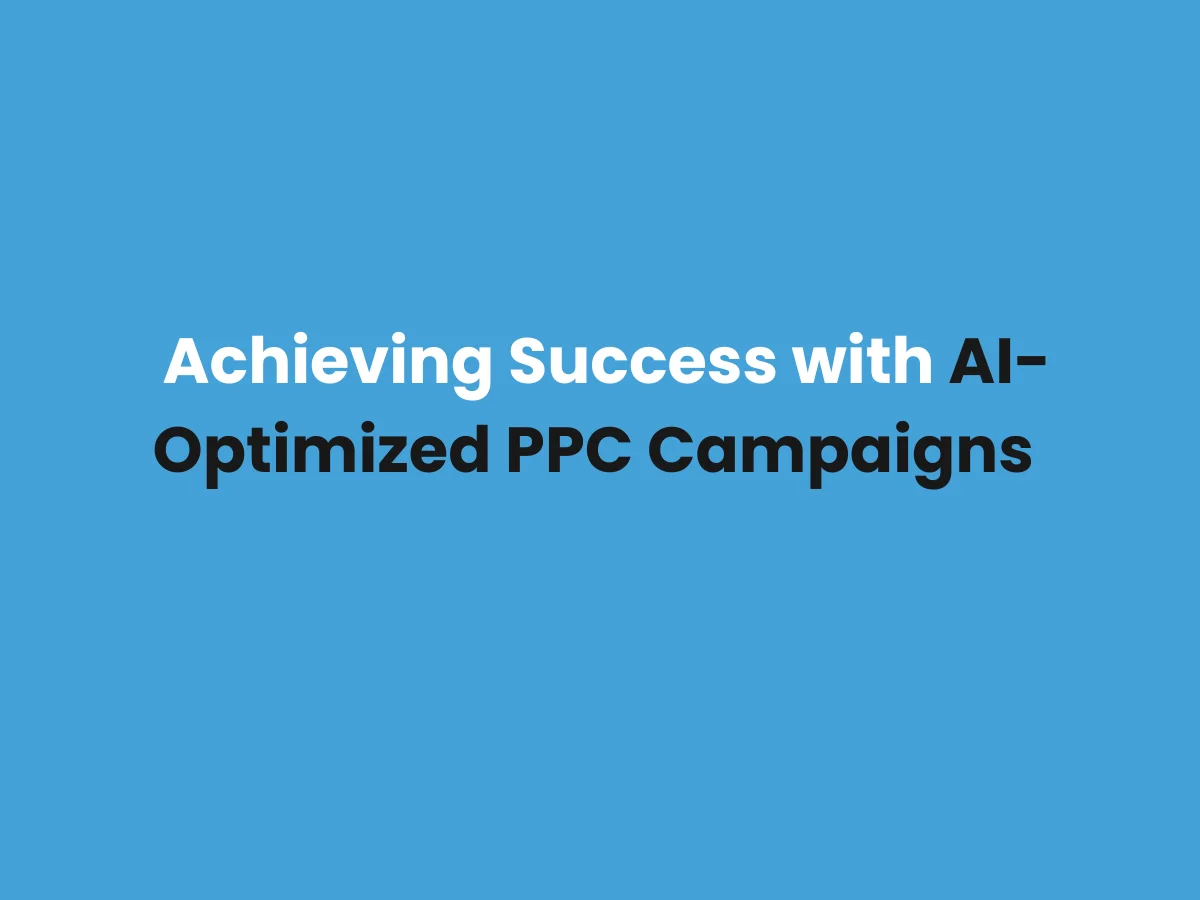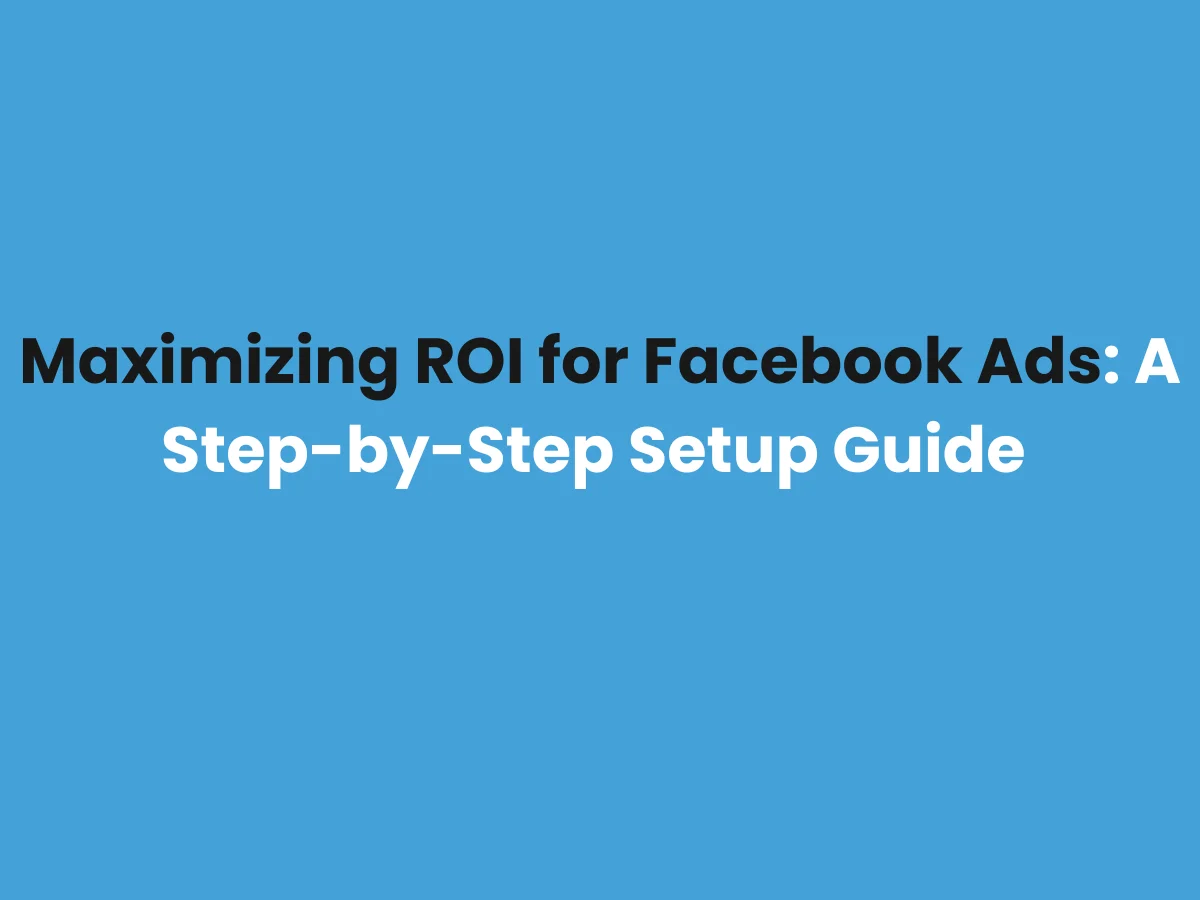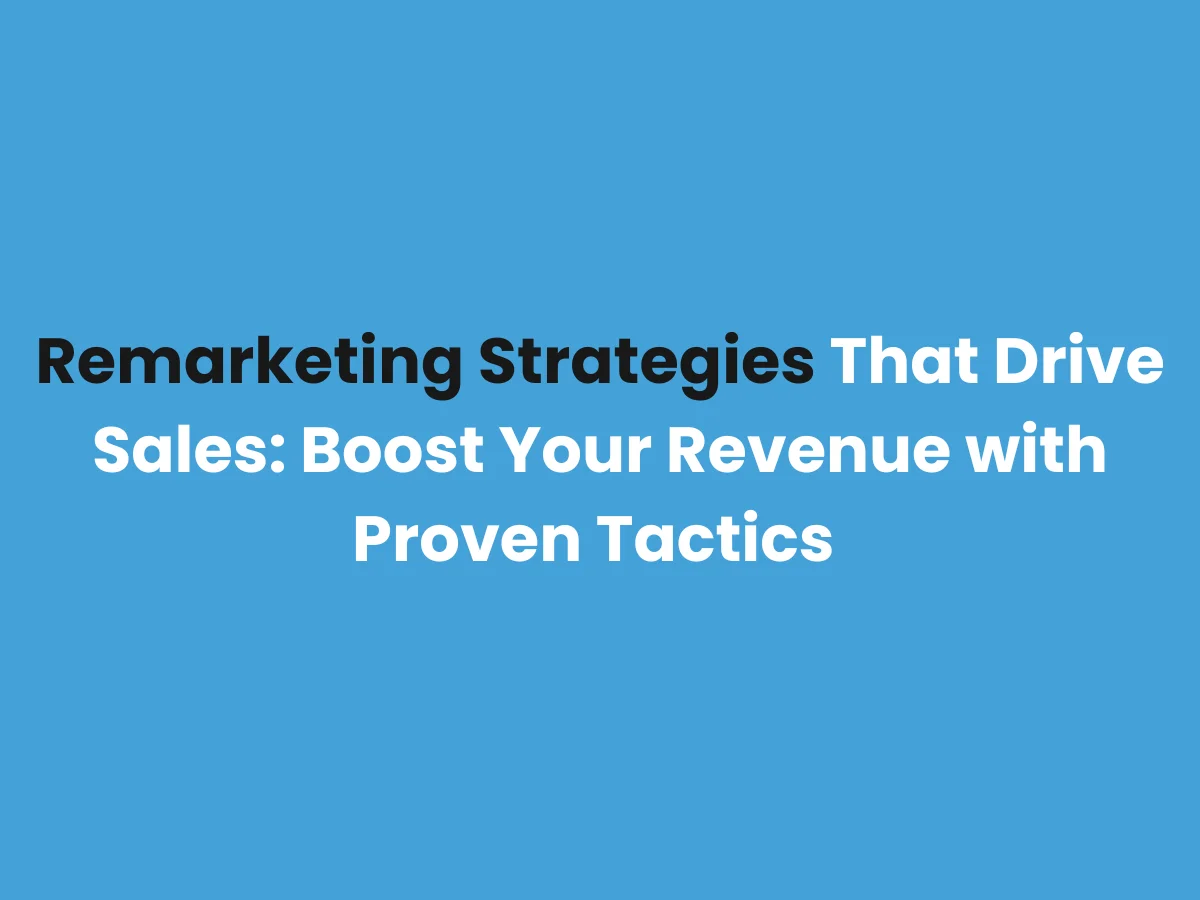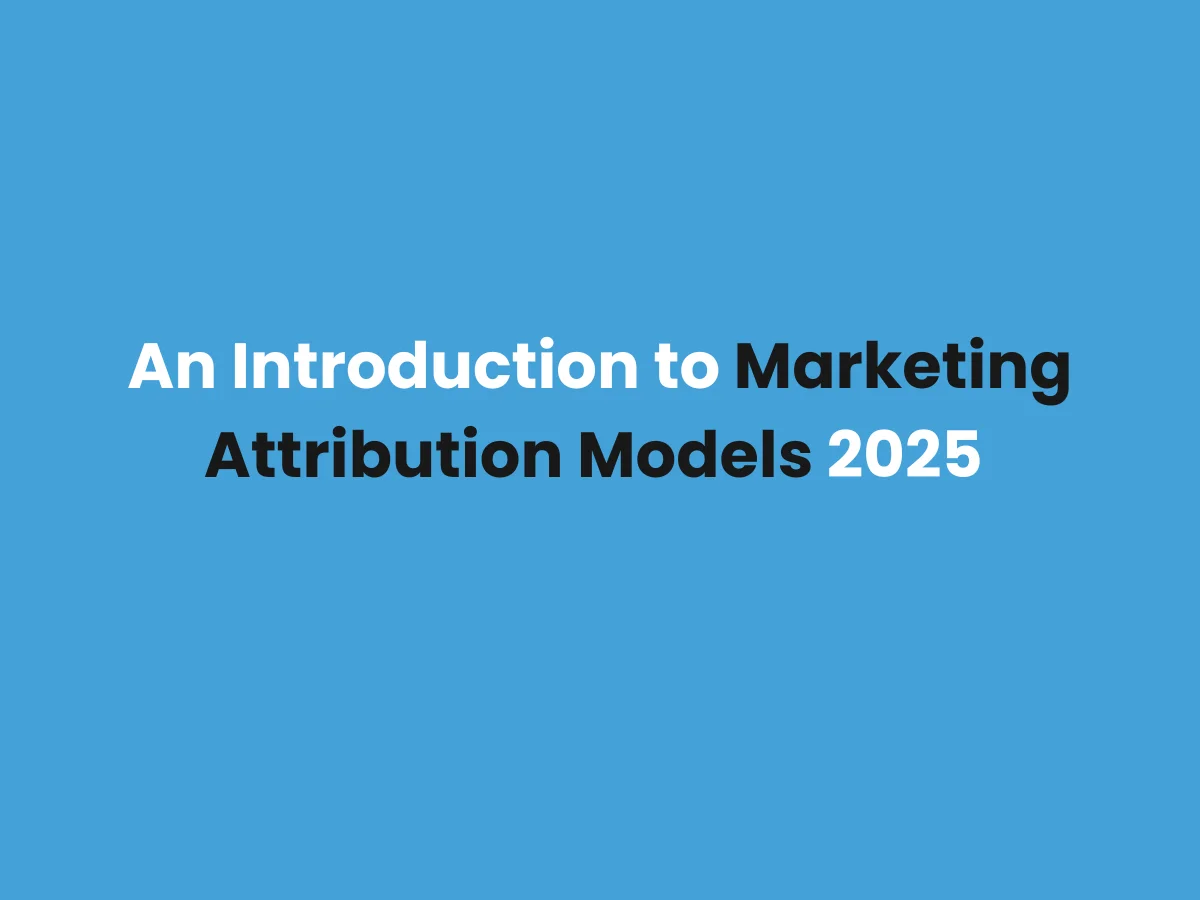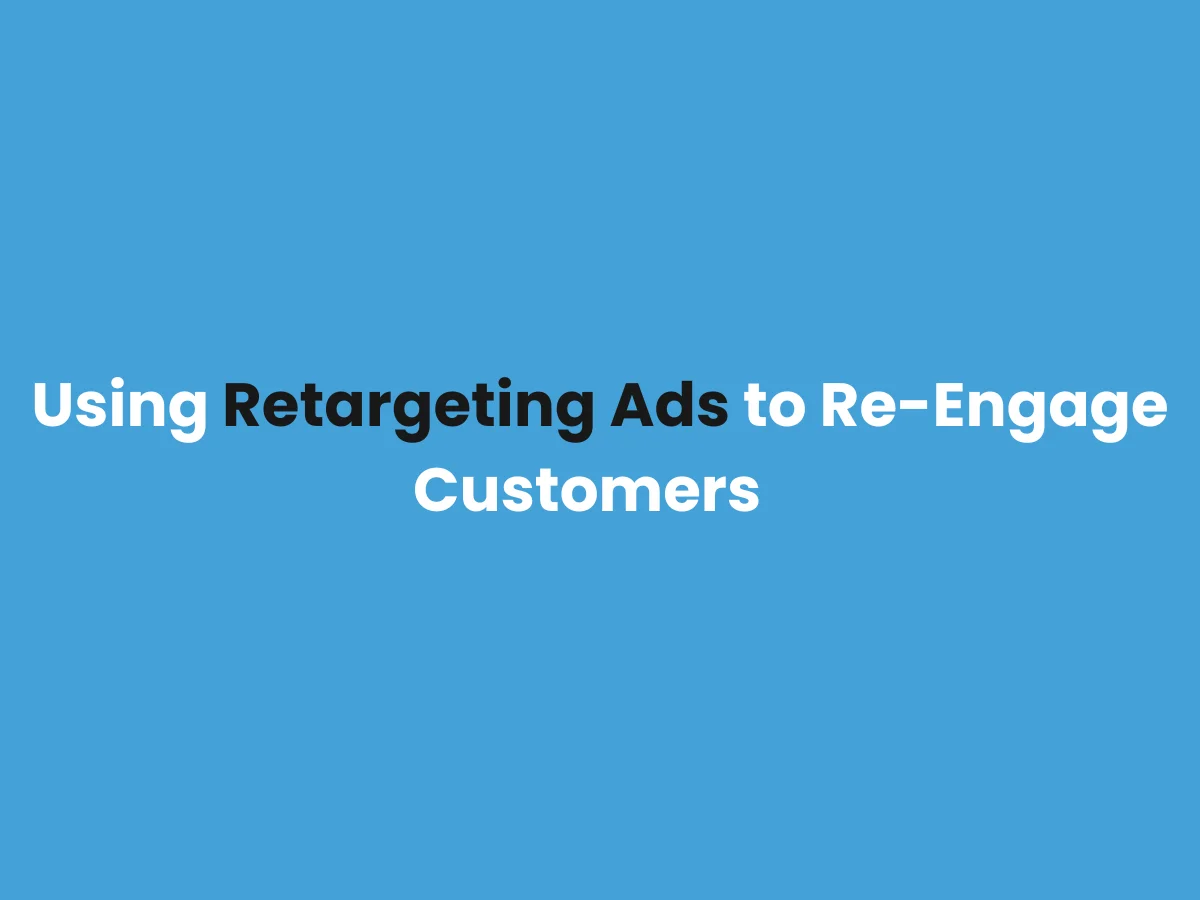Pay-per-click advertising is regarded as an effective tool for directly generating traffic and sales. Nevertheless, many marketers commit errors that threaten their campaign?Avoid common PPC mistakes to ensure you properly utilize your budget and achieve high returns on your investment. By preventing these mistakes, you maximize your ad spend and boost your ROI. It is written to show readers potential pitfalls in PPC and how to mitigate them.
1. Lack of Specific Campaign Goals
The Mistake:
The lack of objectives makes a PPC campaign to be similar to driving a car without a specific goal. You cannot know how well your specific campaign did without having specific goals set in place.
How to Fix It:
Identify objectives based on measurable outcomes but to clarify certain targets; page views to a particular site, qualified leads, or, sales. Using SMART criteria makes sure your objective is well-crafted: It is Specific, Measurable, attainable, Relevant, and Time-bound.
2. Ignoring Metrics and Analytics
The Mistake:
Most marketers either don’t track performance metrics or run A/B tests, thereby missing out on the chance to optimize.
How to Fix It:
The metrics regularly evaluated should include click-through rate (CTR), conversion rate, and cost per click (CPC). Use social media to control your campaigns—take lessons from Google Ads and Google Analytics; they offer valuable help in this area. Split your ads, the message you want to convey or visuals you want to use and the targeting method to see which one is most appealing with the public.
3. “Set It and Forget It” Approach
The Mistake:
Leaving your PPC campaigns to run on autopilot can result in wasted ad spend and suboptimal performance.
How to Fix It:
Monitor your campaigns weekly or daily, depending on their scale. Adjust bids, pause underperforming ads, and refine targeting. Continuous optimization ensures your campaigns stay relevant and competitive.
4. Using Poorly Optimized Landing Pages
The Mistake:
Bounce rates can be quite high and conversion rates rather poor for users sent to generic or badly designed landing pages.
How to Fix It:
Make sure landing pages correspond to the ad’s purpose, are easy to use, do not take time to download, and contain a prominent CTA button. Specifically, site builders like Unbounce or Instapage are useful to help craft a landing page that will work well.
5. Targeting Irrelevant Keywords
The Mistake:
Bidding on too many or irrelevant keywords dilutes your campaign’s focus and wastes your budget.
How to Fix It:
Perform thorough keyword research using tools like Google Keyword Planner. Focus on long-tail and high-intent keywords relevant to your audience. Prioritize terms that align with purchasing decisions over informational searches.
6. Overlooking Exact Match Keywords
The Mistake:
Not including exact match keywords can lead to ads appearing for broad or unrelated search terms.
How to Fix It:
Use exact-match keywords to ensure your ads are displayed for highly relevant searches. This strategy increases precision and reduces wasted ad spend.
7. Forgetting to Use Negative Keywords
The Mistake:
Failing to include negative keywords results in your ads being shown for irrelevant or low-intent searches.
How to Fix It:
Search for those terms that are irrelevant to the overall campaign and introduce them into PPC strategy. For instance, you want to sell luxury watches; you don’t want your keywords such as ‘cheap,’ ‘free.’
8. Making Technical Errors
The Mistake:
Negative factors like wrong bid adjustments, wrong ad placements, and targeting truly impact the campaign’s performance.
How to Fix It:
Double-check all campaign settings before launching. Use automated rules or scripts in Google Ads to avoid manual errors and maintain consistency.
9. Neglecting Quality Scores
The Mistake:
A low-quality score increases CPC and lowers ad rankings, impacting the overall efficiency of your campaigns.
How to Fix It:
Improve ad relevance, create compelling copy, and design targeted landing pages. Use keywords that align closely with your ad and landing page content.
10. Writing Ineffective Ad Copy
The Mistake:
Poorly written ad copy fails to capture user interest or communicate value, leading to low CTRs.
How to Fix It:
Craft headlines that grab attention and descriptions that highlight your unique selling points. Address user pain points and include a strong call to action. Test multiple versions to find what works best.
Conclusion
Effective management of PPC can be summed up to planning, constant campaign optimization and keen scrutiny. There are many common ppc mistakes to avoid and by avoiding these common PPC mistakes mentioned above the performance of the PPP campaign will improve and therefore increase your results.
Out of these errors, which one have you been associated with your PPC campaigns?
Share your experiences and solutions in the comments below! Let’s learn from each other to create better-performing campaigns.
Read Also: What does evergreen content mean?


